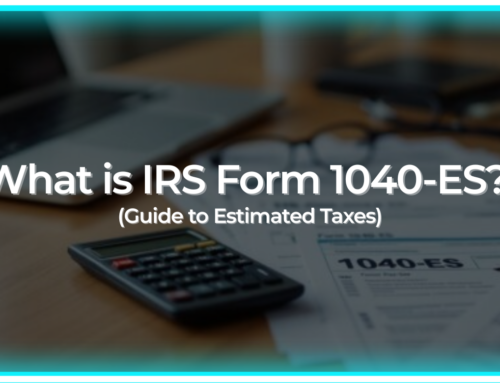Hi. I’m Bette Hochberger, CPA, CGMA, and in today’s blog post, I will discuss some crucial tax strategies tailored for commercial real estate investors. Investing in commercial real estate offers lucrative opportunities, but successfully navigating the complex tax landscape is essential for maximizing returns.
Whether you’re an experienced investor or new to the market, understanding and implementing these strategies will be crucial for maximizing your financial results.
Tax Planning Before Acquisition
Before acquiring commercial real estate, strategic tax planning is essential. Choosing the right entity structure, such as LLCs or partnerships, is important for determining the most tax-efficient option for your investment. This involves carefully analyzing potential tax implications associated with different entity structures.
1031 Exchange
A 1031 exchange is a key strategy for commercial real estate investors. It allows you to defer capital gains taxes by reinvesting proceeds into a like-kind property. This strategy effectively preserves capital for further investment and avoids immediate tax liabilities.
Cost Segregation
Implementing cost segregation studies is critical for tax planning. These studies accelerate depreciation, maximizing tax deductions for specific property components. Cost segregation is a strategy that optimizes tax efficiency during the ownership phase, providing immediate financial benefits.
Ongoing Tax Management
Depreciation Strategies
Strategically managing property depreciation is an ongoing process that optimizes tax deductions over the property’s useful life. This strategy ensures a steady flow of tax benefits throughout the ownership period.
Tax Credits Utilization
Utilizing tax credits for energy-efficient upgrades, historical preservation, or qualifying improvements enhances tax positions. This strategy involves identifying and leveraging available credits to contribute to the overall financial health of the commercial real estate portfolio.
Lease Structure Optimization
Tailoring lease agreements, including options like triple-net leases, optimizes tax benefits. This strategy involves understanding the intricacies of lease structures to minimize ongoing tax liabilities.
Exit Strategies and Tax Efficiency
Exit Planning
Developing a tax-efficient exit strategy is crucial for long-term success. Considering the timing, market conditions, and potential capital gains implications ensures maximum returns while minimizing tax liabilities during the exit phase.
Estate Planning
Integrating estate planning minimizes tax burdens for heirs and beneficiaries. This strategy focuses on preserving the value of the commercial real estate portfolio through thoughtful planning.
Tax-Advantaged Investments
Exploring opportunities for tax-advantaged investments, such as Opportunity Zones, enhances returns. This strategy involves understanding how these investments contribute to overall tax efficiency and financial growth.
Navigating the complex commercial real estate taxation world is crucial to investment success. By implementing these strategic tax approaches before acquisition, during ownership, and in exit planning, investors can optimize returns and build a resilient portfolio.
Are you a commercial real estate investor and want to learn more about tax strategies? Let’s chat!
I hope you learned something new today, and as always, stay safe. I will see you next time.







